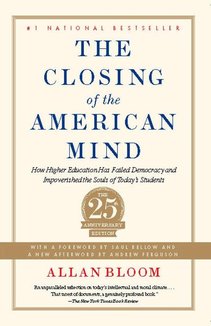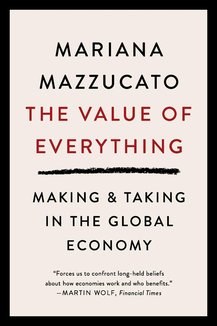Recommended Books

Anna Karenina
Authors:
Leo Tolstoy
,
Richard Pevear
,
Larissa Volokhonsky
ISBN 13:
978-0143035008
The must-have Pevear and Volokhonsky translation of one of the greatest Russian novels ever written Described by William Faulkner as the best novel ever written and by Fyodor Dostoevsky as “flawless,” Anna Karenina tells of the doomed love affair between the sensuous and rebellious Anna and the dashing officer, Count Vronsky. Tragedy unfolds as Anna rejects her passionless marriage and thereby exposes herself to the hypocrisies of society. Set against a vast and richly textured canvas of nineteenth-century Russia, the novel's seven major characters create a dynamic imbalance, playing out the contrasts of city and country life and all the variations on love and family happiness. While previous versions have softened the robust and sometimes shocking qualities of Tolstoy's writing, Pevear and Volokhonsky have produced a translation true to his powerful voice. This authoritative edition, which received the PEN Translation Prize and was an Oprah Book Club™ selection, also includes an illuminating introduction and explanatory notes. Beautiful, vigorous, and eminently readable, this Anna Karenina will be the definitive text for fans of the film and generations to come. This Penguin Classics Deluxe Edition also features French flaps and deckle-edged paper. For more than seventy years, Penguin has been the leading publisher of classic literature in the English-speaking world. With more than 1,700 titles, Penguin Classics represents a global bookshelf of the best works throughout history and across genres and disciplines. Readers trust the series to provide authoritative texts enhanced by introductions and notes by distinguished scholars and contemporary authors, as well as up-to-date translations by award-winning translators.

The Closing of the American Mind: How Higher Education Has Failed Democracy and Impoverished the Souls of Today's Students
Author:
Allan Bloom
ISBN 13:
978-1451683202
The brilliant, controversial, bestselling critique of American culture that “hits with the approximate force and effect of electroshock therapy” ( The New York Times )—now featuring a new afterword by Andrew Ferguson in a twenty-fifth anniversary edition. In 1987, eminent political philosopher Allan Bloom published The Closing of the American Mind , an appraisal of contemporary America that “hits with the approximate force and effect of electroshock therapy” ( The New York Times ) and has not only been vindicated, but has also become more urgent today. In clear, spirited prose, Bloom argues that the social and political crises of contemporary America are part of a larger intellectual crisis: the result of a dangerous narrowing of curiosity and exploration by the university elites. Now, in this twenty-fifth anniversary edition, acclaimed author and journalist Andrew Ferguson contributes a new essay that describes why Bloom’s argument caused such a furor at publication and why our culture so deeply resists its truths today.

The Value of Everything: Making & Taking in the Global Economy Economics Interested People Want Problems of Modern-day Capitalism to Improve Benefits 99% Financial Times Business Book
Author:
Mariana Mazzucato
ISBN 13:
978-1541758247
Modern economies reward activities that extract value rather than create it. This must change to ensure a capitalism that works for us all. Shortlisted for the FT & McKinsey Business Book of the Year Award A scathing indictment of our current global financial system, The Value of Everything rigorously scrutinizes the way in which economic value has been accounted and reveals how economic theory has failed to clearly delineate the difference between value creation and value extraction. Mariana Mazzucato argues that the increasingly blurry distinction between the two categories has allowed certain actors in the economy to portray themselves as value creators, while in reality they are just moving around existing value or, even worse, destroying it. The book uses case studies-from Silicon Valley to the financial sector to big pharma-to show how the foggy notions of value create confusion between rents and profits, reward extractors and creators, and distort the measurements of growth and GDP. In the process, innovation suffers and inequality rises. The lesson here is urgent and sobering: to rescue our economy from the next inevitable crisis and to foster long-term economic growth, we will need to rethink capitalism, rethink the role of public policy and the importance of the public sector, and redefine how we measure value in our society.